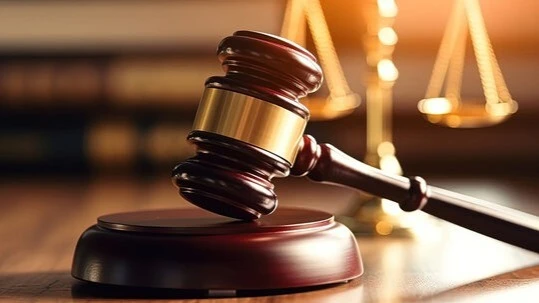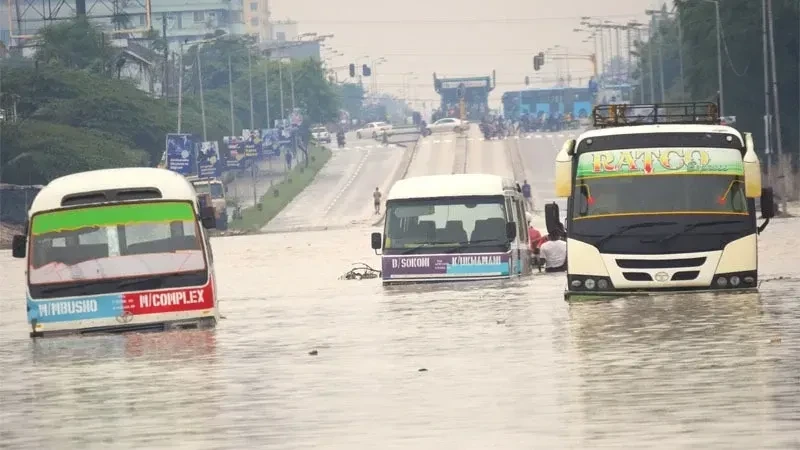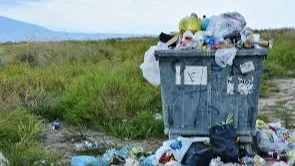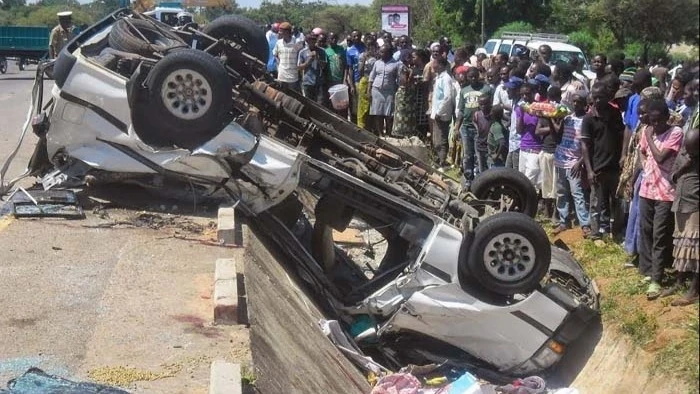Piling up of garbage in streets points to poor governance, not lack of resources
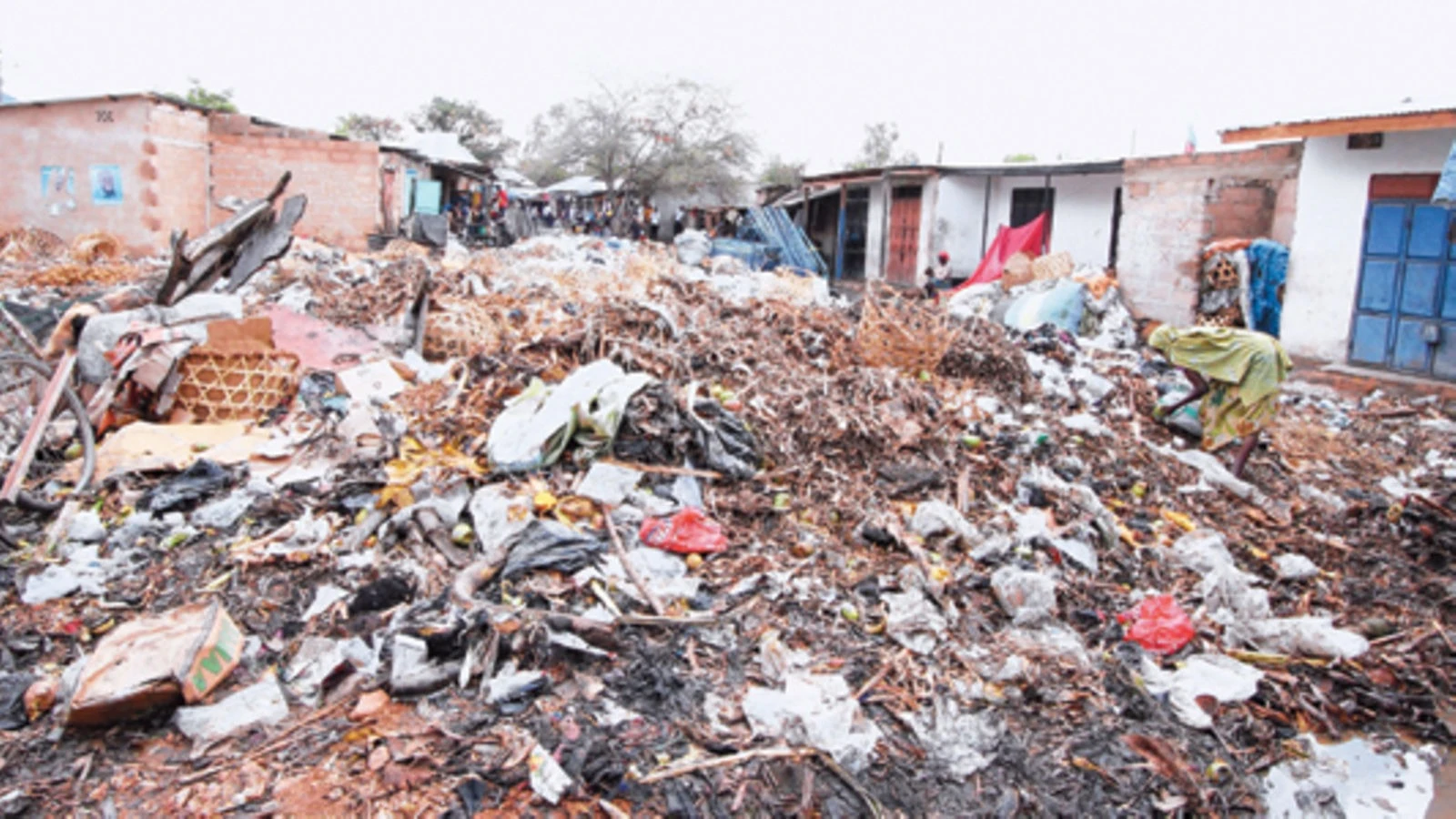
RESIDENTS of a Dar es Salaam city suburb have recently raised concern about the accumulation of garbage in their areas.
There are fears that the situation poses significant health risks for the community, but more visibly so is discomfort, even if no children pick up pieces of garbage and are directly infected with diseases.
It is not just diseases that prompt the need to collect garbage, as keeping the city clean is an essential part of the role of councillors and officials.
In the past the duty of collecting waste from the streets didn’t have to be drummed up into the hearing of city authorities as they were in office principally for that reason as well as auxiliary services in health, water and education.
While these other concerns have proper designated departments within the central government, collecting garbage is not linked directly with the Health or Environment ministries, and is wholly a city or municipal affair.
The residents referred to say that the accumulation of all manner of garbage has become a routine phenomenon, which is not hard to understand as the city authorities at times suggest raising garbage collection fees citing higher petrol prices, etc.
They have never been able to impose the fees they want and will similarly not hand over the task to private garbage collectors with a regulatory framework to ensure that garbage is collected, say, once per week. That would work but it can’t be instituted as then the councils would only collect taxes from garbage collecting firms.
What the councils want is to collect revenues from the garbage collection as such, and presumably the proper revenue authorities will be taxing the collectors on a different basis.
That might be disputable if an official were asked, but short of that prerogative it is unclear why local authorities keep garbage collection mechanisms or procedures close to their chests.
There is push and pull between councils and the companies they deploy for the job – with something between optimal returns for the duo and acceptable performance.
Such issues seldom make it to the legislature, and are expected to be worked upon at the level of local authorities.
Trouble is that they are sensitive about health, water and education as well as electricity supply, while garbage collection is left to their whims and guises.
That is much in like manner as those who build schools and save up on funds for building toilets, or when it comes to road building, efforts are made to save cash for putting up drainage facilities. Both preventive and remedial measures are needed here.
Top Headlines
© 2025 IPPMEDIA.COM. ALL RIGHTS RESERVED








